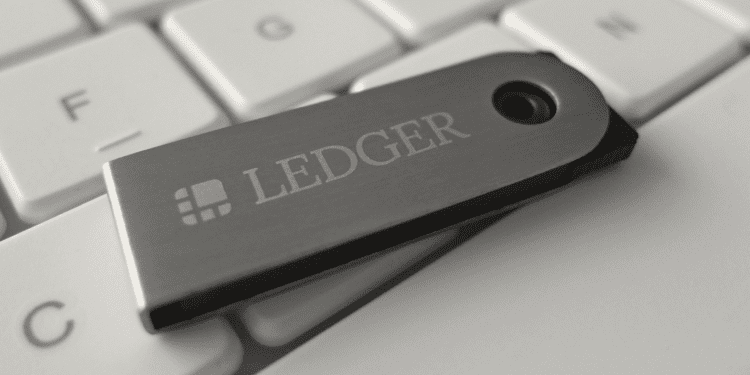- Web3’s decentralized nature is reshaping traditional online platforms, offering improved user control and financial rewards.
- Critics argue that the increasing complexity may deter mainstream adoption and highlight potential privacy concerns.
- Developers and investors believe that as Web3 evolves, it could replace current Web2 structures, reshaping the internet’s future.
Earlier this year, Ledger unveiled its plans for a private-key recovery service aimed at helping users regain access to their private keys by splitting seed phrases into three shards, shared with Ledger and two other security firms, CoinCover and EscrowTech. However, the announcement drew backlash, particularly from self-sovereign crypto enthusiasts who expressed worries about potential government subpoenas and the reassembly of their private keys.
Addressing these concerns, Ledger’s CEO, Pascal Gauthier, recently opened up in an interview with The Block. Having faced his share of public criticism, Gauthier highlighted the broader vision for Ledger and how Ledger Recover fits into that strategy.
Behind the Controversy
“It was the day after the Ledger Recover thing, and I was sure that he was booing me for this,” Gauthier recalled an incident at Bitcoin Miami, referencing a separate grievance some users had since 2017 about Ledger not offering a Bitcoin-only wallet. He acknowledged that public figures in the crypto space are often targets of criticism and said, “It’s part of our life when we do crypto,” adding, “To be honest, I’ve got thick skin.”
Gauthier emphasized the optional nature of the recovery service. He reiterated that the decision to launch the Ledger Recover was rooted in the company’s desire to make crypto more accessible. The CEO pointed out the dilemma of the 24-word seed phrase, noting, “Self-custody will never scale if the next 100 million users that go into self-custody have to save their 24 words somewhere.”
A Broader Vision for Privacy and Security
While the Ledger Recover service has garnered a significant chunk of attention, it’s just one aspect of Ledger’s ambitions. Ledger, Gauthier explained, is striving to cater to both its core user base of “super-geeks” and a broader consumer audience. The company has already sold over 6 million devices, with sizable investments fueling its growth.
One crucial theme for Ledger is privacy. At a time when privacy coins are facing regulatory hurdles in Europe, Ledger remains committed to supporting them. Gauthier proudly shared that Ledger had lobbied to ensure the Markets in Crypto-Assets Regulation (MiCA) rules wouldn’t impact self-custody, asserting that “self-custody is a fundamental human right.”
On the topic of privacy coins, which offer more anonymity than typical cryptocurrencies like bitcoin, Gauthier said, “Our business is to secure our users and give them the ability to be free and do whatever they want.” This ethos is evident in Ledger’s product offerings, including “Freedom Tools,” allowing users to utilize Ledger with complete privacy.
Ledger’s journey reflects the broader challenges of the crypto industry. As companies like Ledger strive to balance security, privacy, and usability, there will inevitably be disagreements and controversies. While challenges abound, the CEO’s vision of making crypto more accessible while preserving the principles of self-sovereignty and privacy remains at the forefront of the company’s agenda.














